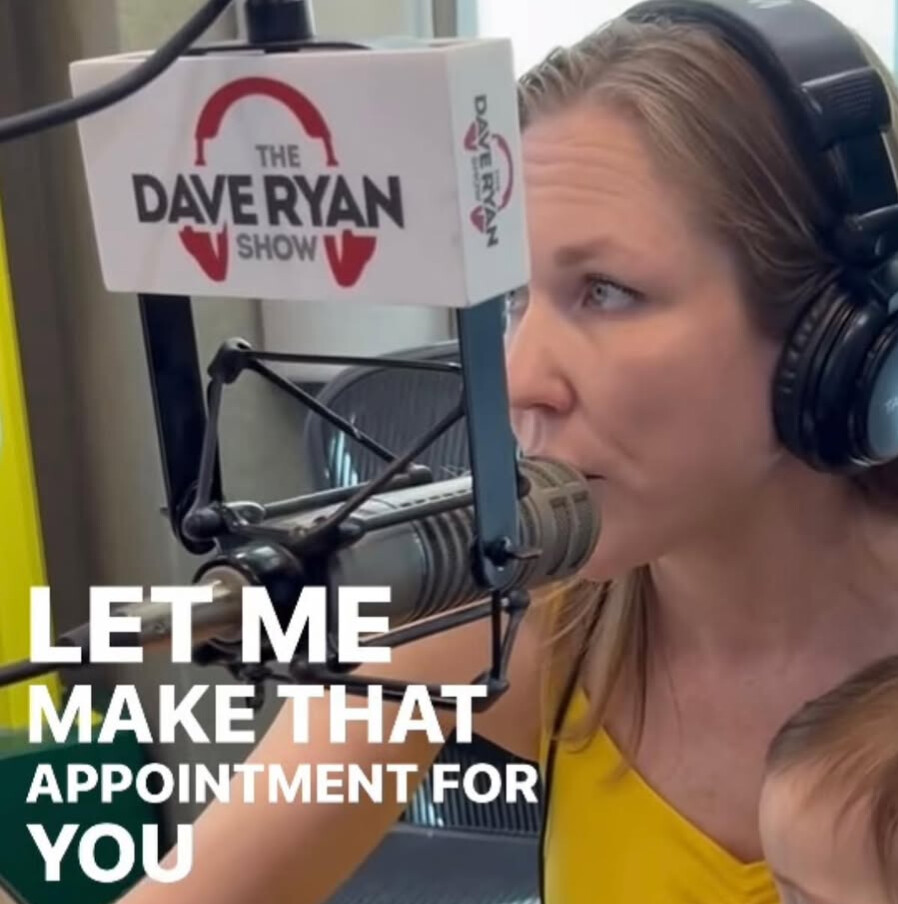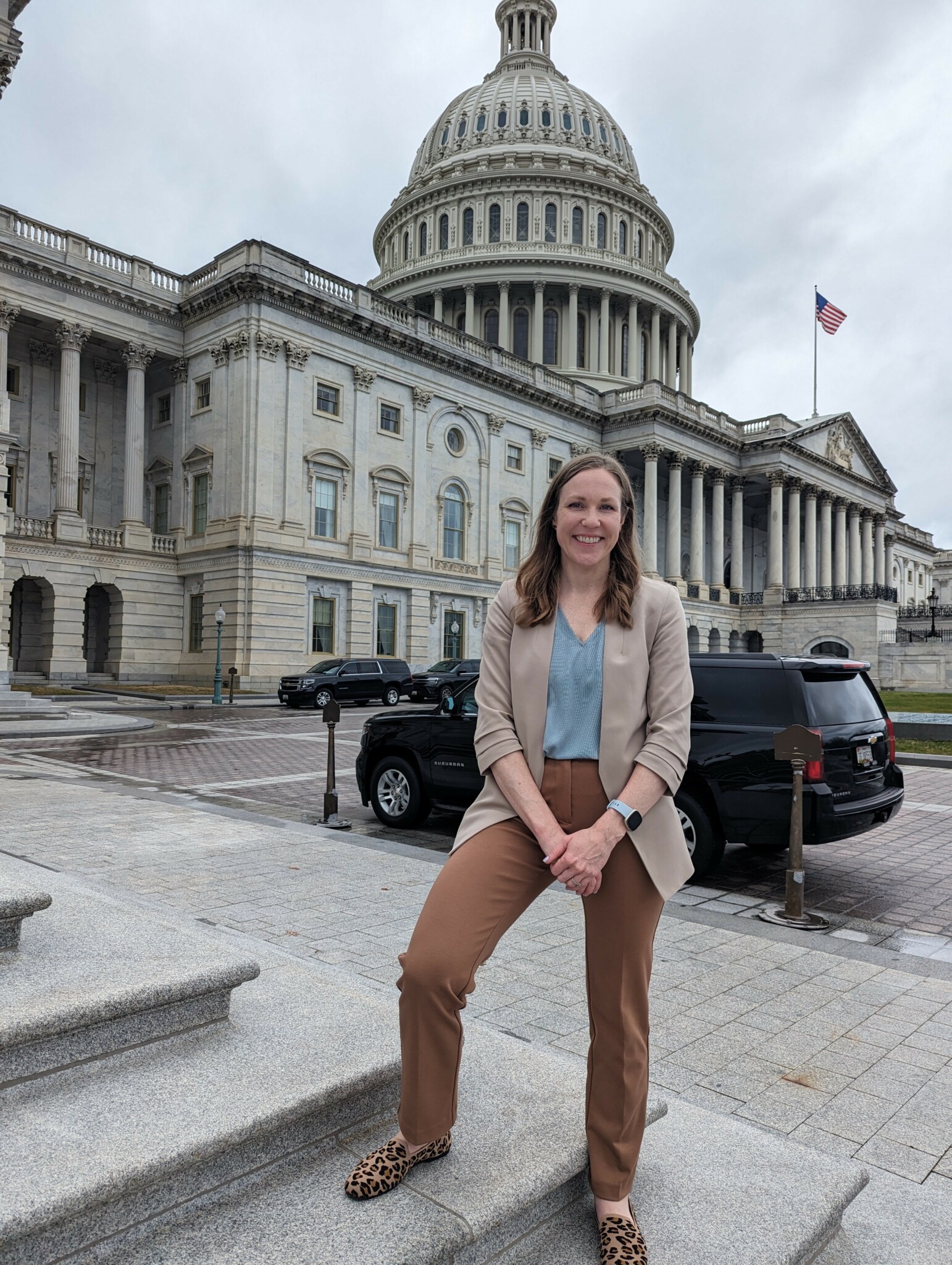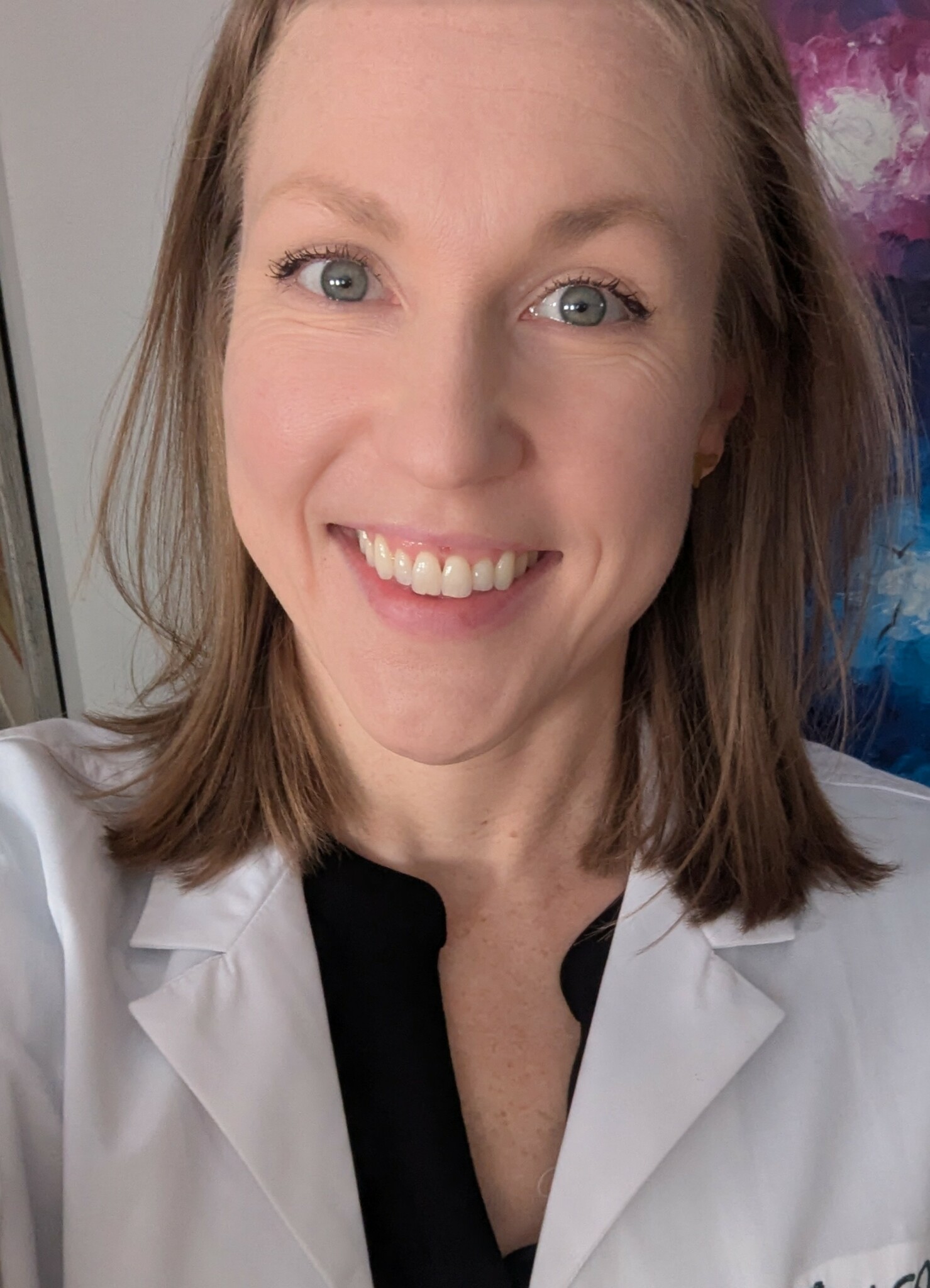Alright – so today we’ve got the honor of introducing you to Erin Stevens. We think you’ll enjoy our conversation, we’ve shared it below.
Hi Erin, thanks for joining us today. Can you open up about a risk you’ve taken – what it was like taking that risk, why you took the risk and how it turned out?
I take a lot of pride in my work as an OB/Gyn physician. Reproductive healthcare is complex, and it is a privilege to care for people throughout joyful, emotional, difficult, and life-changing circumstances. Throughout the course of providing care, however, I began to notice some of the areas where my medical specialty was falling short. One of these was in preparing people for the time *after* pregnancy. We do an excellent job optimizing health during pregnancy, but after birth, the general attitude seems to be, “Okay, that’s over now. Good luck. See ya!” People generally do not have realistic expectations for postpartum recovery or an understanding of what is and is not normal during that time. In the United States, where the maternal mortality rate has been better acknowledged, scrutinized, and addressed in recent years, it is more critical than ever that people feel empowered and knowledgeable to achieve the healthiest outcomes after pregnancy. Initially, I set out to create a simple handout to provide patients to better inform them about what happens postpartum. I serendipitously ended up with some downtime with a week off of work to recover from knee surgery (lucky me!), and I primarily spent that time writing about this topic, with great thought and attention dedicated to crafting a truly inclusive resource that could be accessible to any pregnant person. After that week, I had around 150 pages of content. It was clearly far too much for a stapled office handout. At first, I scoffed at my wild idea that this could instead become a small book – a “survival guide” – that could be distributed widely. I allowed myself to consider the possibilities, however, and identified a local women-run publishing organization called Wise Ink with which I could at least explore options. Before I knew it, I was editing content, sharing my ideas with talented illustrator Lisa Trautman, and ultimately finalizing a real book, “Unexpected: A Postpartum Survival Guide”. I worried if making this investment in patient education – not an insignificant personal cost – would have any impact or if anyone would even read it. To worsen those thoughts, my book was released in May of 2020, when I was unable to carry out my vision of a fun book launch party or do any in-person marketing due to the pandemic. I made the best of it with an Instagram virtual launch party and the most a regular woman without a PR team could accomplish via social media and word of mouth. It would be really fun if I could tell you the book topped an elite list or won a major award, which is not the case. I’ve also faced negative reactions throughout the process, including a male OB/Gyn physician laughing in my face about publishing a book about postpartum preparation when I had not yet had children myself (and, little did he know, while I was personally struggling to get pregnant), and internet reviewers taking issue with the acknowledgement that not all pregnant people identify as women. However, I consider the book incredibly successful because it has made a difference in real people’s lives. Patients and strangers alike have shared how educational, enlightening, entertaining, and empowering the book has been for them., and I’ve been particularly touched by those who have celebrated the book’s inclusivity.

Erin, love having you share your insights with us. Before we ask you more questions, maybe you can take a moment to introduce yourself to our readers who might have missed our earlier conversations?
When I first started medical school, OB/Gyn was probably one of the last specialties I considered for a career. Slowly, however, I began to realize it was comprised of so many components I was passionate about – comprehensive and empowering sex education, individual choices for contraception, abortion access, gynecologic cancers (with both of my grandmothers having a history with this), surgery, and care throughout the lifespan. I ultimately went through OB/Gyn residency and have been in practice for nearly 8 years since then. Throughout my education, given some of my interests, involvement in legislative advocacy became a natural path, and I am currently the Legislative Chair for the Minnesota Section of the American College of Obstetricians and Gynecologists. I enjoy using my expertise, writing skills, and public speaking abilities to write and speak on political discussions that impact my patients’ care and wellbeing. Knowing that lack of both adequate health information and an opportunity to speak up or ask questions often obstructs people from accessing the care that they want and need, I additionally started writing newspaper opinion pieces and magazine articles related to reproductive healthcare soon after starting my first job after residency graduation. I use social media for some of my advocacy and education efforts now and have a fun time making TikToks about topics that are important to me.
I have two young daughters, and I hope to help ensure a future in which they can live their best lives.
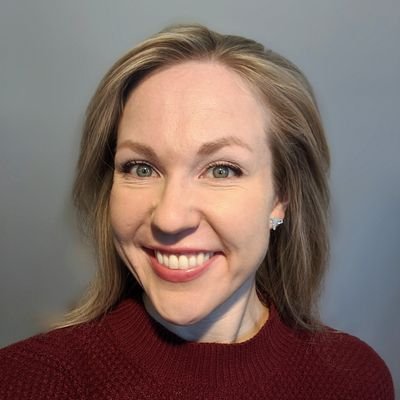
Have you ever had to pivot?
After residency graduation, I started working in a private OB/Gyn practice, where eventually I signed as a partner. It’s a wonderful practice that I still truly love. Everyone who works there is exceptional at what they do, and the clinic provides personalized, quality care to all patients. One of the doctors there delivered my babies, and another saved my life when I experienced postpartum hemorrhage. My job there allowed me to care for so many lovely patients and to make a huge difference in a lot of lives. At some point, though, I started to realize that it simply was no longer the right place for me. I struggled with internal feelings of conflict, knowing it was a great job, and it would be a wild decision to leave. I thought about what I was hoping for in a job and seemingly manifested that position. down to the amount of hours worked to be able to be a more present mother for my girls. I wanted to return to serving the underserved, have an opportunity to teach medical learners, and focus on one hospital location at a time. I knew taking a leap to focus on myself and my family would disappoint a lot of people but that I would regret it if I didn’t take the chance. I started the role at the beginning of this year and am happy and excited for what the future may bring!
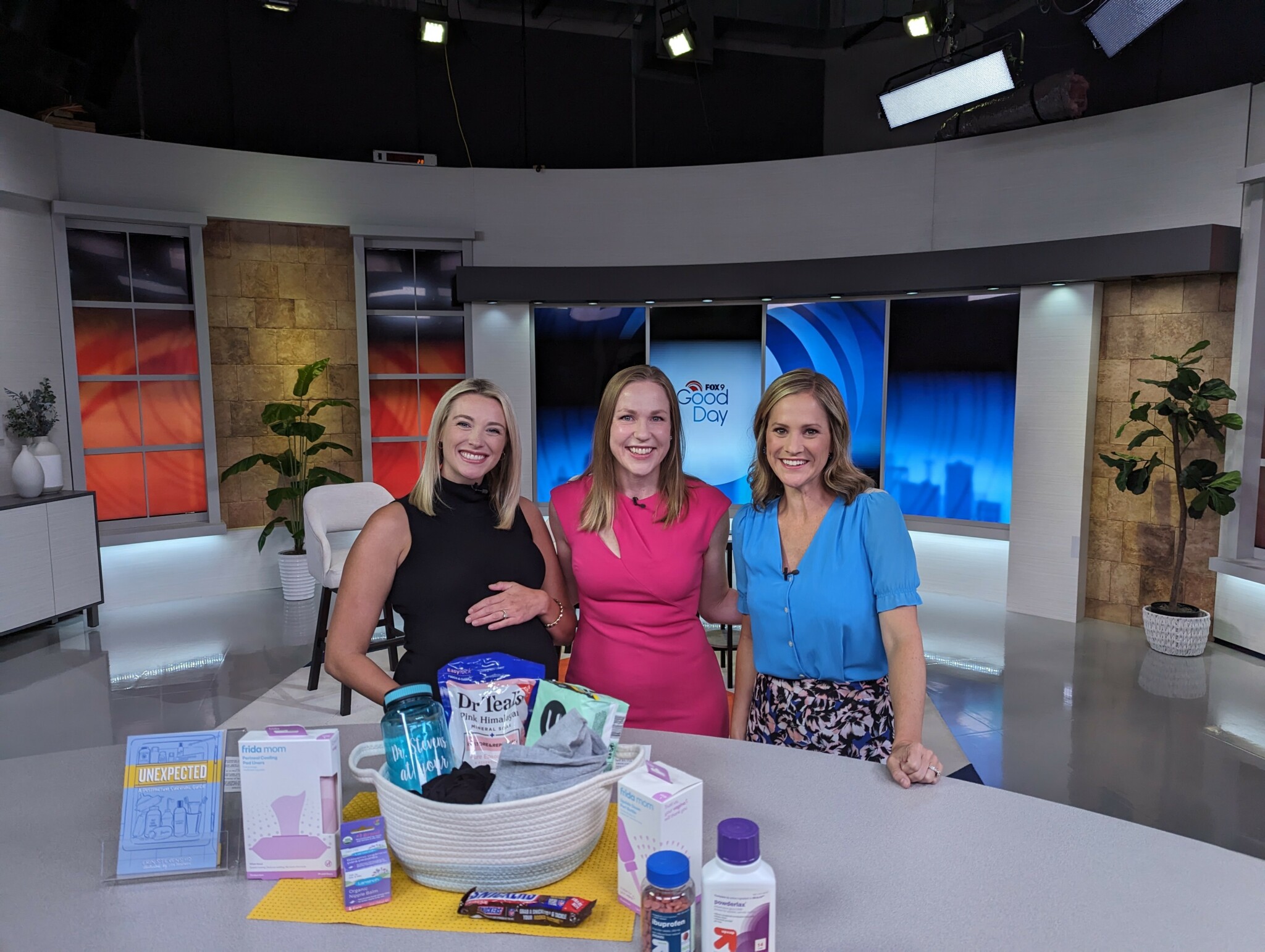
Training and knowledge matter of course, but beyond that what do you think matters most in terms of succeeding in your field?
This really depends on how you define success, which could be a huge discussion with varying responses. It seems silly to say it, but to provide good healthcare as an OB/Gyn physician and find happiness in doing it, one has to really, truly care about the work and the humans it impacts. Caring lends to patience and helps guide patients through complex, overwhelming information. Caring lends to understanding each patient as a whole human being with multiple outside factors contributing to their presenting scenario. Caring lends to connecting to patients in their best and worst times. Caring lends to standing up for patients’ access to quality, evidence-based care. Caring lends to always doing the right thing, even when tired or frustrated or incredibly busy. Caring lends to processing difficult patient circumstances and outcomes and using that reflective knowledge in the future.
Contact Info:
- Website: https://erinstevensmd.com
- Instagram: @unexpectedobgyn
- Other: TikTok: @unexpectedobgyn
